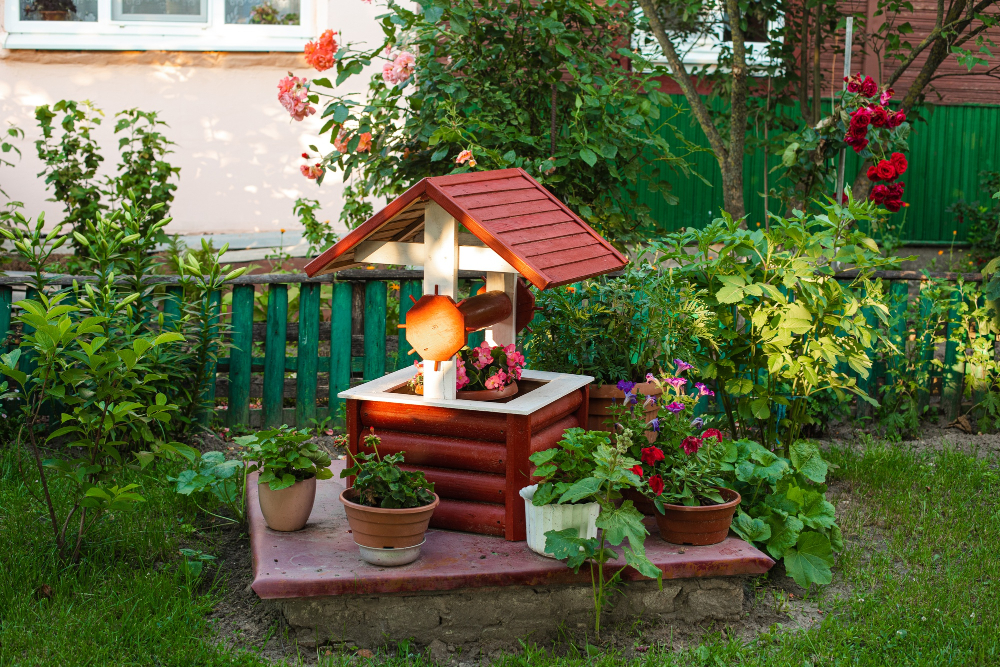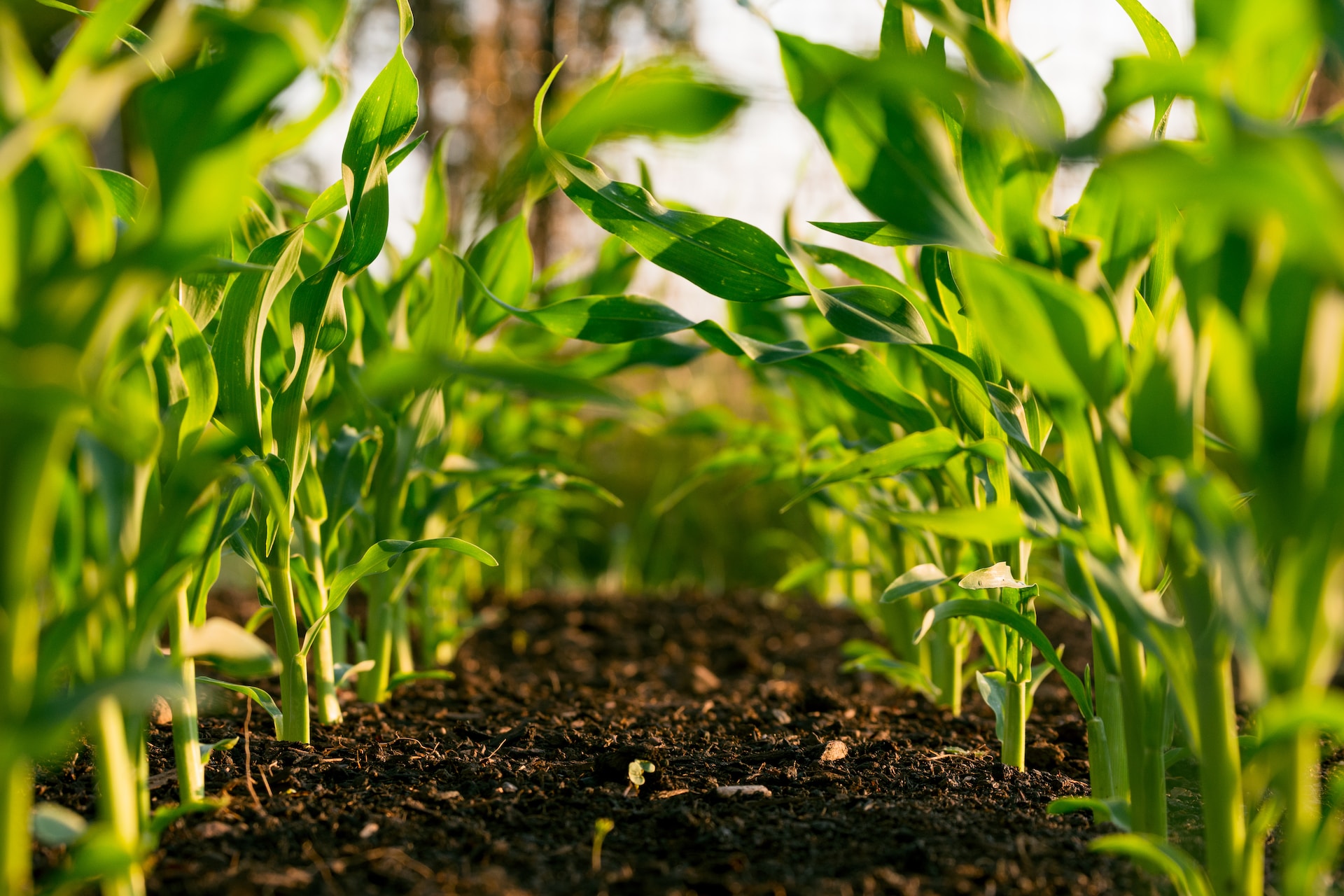Introduction:
Gardening is a rewarding and fulfilling hobby that allows you to connect with nature and create a beautiful outdoor space. If you’re new to gardening, it can seem overwhelming at first. However, with the right knowledge and a few essential tips and tricks, you can get started on your gardening journey with confidence. In this article, we will explore some beginner-friendly gardening tips to help you create a thriving garden.
1. Start with the Basics:
Before diving into complex gardening techniques, it’s important to understand the basics. Familiarize yourself with the different types of plants, soil types, and gardening tools. Learn about the sunlight and water requirements of various plants, as this will help you choose the right plants for your garden.
2. Plan Your Garden:
Take some time to plan your garden layout. Consider factors such as available space, sunlight exposure, and the types of plants you want to grow. Sketch out a rough design and decide where each plant will go. This will help you make the most of your space and ensure that your plants have enough room to grow.
3. Prepare the Soil:
Healthy soil is the foundation of a successful garden. Before planting, prepare the soil by removing any weeds, rocks, or debris. Loosen the soil with a garden fork or tiller and add organic matter such as compost or well-rotted manure. This will improve the soil’s fertility and drainage, providing a favorable environment for your plants to thrive.
4. Choose the Right Plants:
As a beginner, it’s best to start with easy-to-grow plants that are suitable for your climate and gardening conditions. Consider factors such as sunlight requirements, water needs, and the amount of space available. Some beginner-friendly plants include tomatoes, herbs like basil and mint, and flowers like marigolds and pansies.
5. Watering:
Proper watering is crucial for the health of your plants. Most plants require regular watering, but the frequency and amount may vary. Check the moisture level of the soil by inserting your finger about an inch deep. If it feels dry, it’s time to water. Avoid overwatering, as it can lead to root rot. Water in the early morning or late afternoon to minimize evaporation.
6. Mulching:
Mulching is a great way to conserve moisture, suppress weeds, and regulate soil temperature. Apply a layer of organic mulch, such as wood chips or straw, around your plants. This will help retain moisture in the soil and reduce the need for frequent watering. Additionally, mulch can improve the overall appearance of your garden.
7. Regular Maintenance:
To keep your garden healthy and thriving, regular maintenance is essential. This includes tasks like weeding, pruning, and fertilizing. Remove weeds regularly to prevent them from competing with your plants for nutrients. Prune plants to promote healthy growth and remove dead or diseased branches. Fertilize your plants as needed to provide them with essential nutrients.
Conclusion:
Starting a garden as a beginner can be a rewarding experience. By following these tips and tricks, you’ll be well on your way to creating a beautiful and thriving garden. Remember to start with the basics, plan your garden layout, prepare the soil, choose the right plants, and provide proper care and maintenance. With time and practice, you’ll develop your gardening skills and enjoy the fruits of your labor. Happy gardening!











